|
I have been running Research Engineer for close to a year now and have made some money. However, I'm still very much in the red, the learning curve is still very wide, and I'm still working hard every day to make the website better. I have put the integrity and functionality of my website ahead of making money as a tech start-up. With that being said, I offer my services as a statistical consultant at a highly competitive price and have several calculators, databases, and templates available for download. Thank you for using Research Engineer!
0 Comments
Patent for Research EngineerProtecting research and statistical dreams
Hello everyone! I have been away for awhile and am glad to be back. I have been cranking out 93 pages worth of a non-provisional patent for Research Engineer. I filed provisionally last year and after over 1.3 million hits in the first year, I decided the time, effort, and money was worth it!
Thank you for your interest and use of Research Engineer over the past year! I have a laundry list of things to add to the website and will be posting more regularly now that this patent application is completed! Wish me luck! Check out the site! -Dr. H Internal search now available in Research EngineerSearch all of Research Engineer for research and statistical topics
New internal search engines have been implemented at the top of each webpage. Enter a search query related to research and statistics into the search engine below to further explore Research Engineer!
Research Engineer will always be freeFighting the good fight for statistics and research
It behooves me to make Research Engineer free to the world. Statistics and research often cause a "knee-jerk" reaction of anxiety and cognitive dissonance. I am reminded of this on a daily basis, because I live it on a daily basis.
It seems to me that statistics and research, in the most basic applied sense, have acquired a negative connotation within the collective unconscious. That is scary because researchers communicate the findings of their research using statistics! Other researchers and clinicians are supposed to be able to interpret and generalize the research methods and statistical findings of the studies, denoting possession of the necessary competencies and experience to do so. Research Engineer will always be free, because research and statistics belong to everyone. Names like Aristotle, al-Haytham, Bacon, Descartes, Bayes, Gauss, Pearson, Fisher, Spearman, Bonferroni, Tukey, Cox, and Cronbach have come before me and have invented the empirical and statistical methods presented in this website. All I did was take their methods and build THE FIRST decision engine designed to avert the aforementioned anxiety and cognitive dissonance. The brilliant men and women that came before me deserve to be recognized and their methods, which we use in everyday life to make important decisions, should be held in a higher esteem within the collective unconscious. I tell my clients that when they feel cognitive dissonance associated with research or statistics, I will be standing there in their unconscious mind, ready to help. It always gets a reaction, but they always come back and they always receive my best efforts. Now, when anyone around the world feels that "knee-jerk" reaction to research and statistics and they want to retreat into their unconscious minds, Research Engineer will be waiting, always free and always able to help. Click on the button below to continue. Social media integrationThe social journey begins for Research Engineer
Hello everyone!
Please follow Research Engineer on Facebook and Twitter! New content is on the way! I am currently revising the manuscript for my dissertation on isomorphism. After six years of an uphill battle for isomorphism, it is finally accepted with revisions! Fingers crossed! I'm so excited about integrating social media into Research Engineer. My SEO friends and colleagues say it is time to get a YouTube channel and put this "mug" to work. Hahaha, get ready world! Thanks for the support, everyone! Dr. H Click on the buttons below to follow Research Engineer! Research Engineer is the world's first online decision tree for applied research and statistics1/8/2015 Fully automated and freely accessible to researchers around the worldThe first interactive decision tree that integrates statistical assumptions and post hoc analyses
Research Engineer is going to be presented for the first time in a public forum next Tuesday. I'm pretty excited to let all of my colleagues know what I've been up to these past five months. I realized earlier today that Research Engineer has completely changed my life for the better. And I'm so thankful to all of those that have supported me along the way.
And to visitors of this website, I extend my most gracious and humble thanks for your patronage. The website will continue to grow and help you in all of your future empirical endeavors. I have built the world's first online decision engine for research questions, research designs, statistics, statistical power, databases, evidence-based medicine, survey design, psychometrics, epidemiology, diagnostic testing, variables, and education. I look forward to the future! Biostatistical scientists bolster the validity of researchMore empirical rigor, precision and accuracy, and internal and external validity
After my last post, I want to expand upon what the literature does to the person. One of my professors in graduate school said, "The literature changes you." At the time, I thought this was the dorkiest statement of all time. As a first year PhD student, I had NO IDEA what research constituted in regards to knowing the empirical literature.
The truth is, the literature DOES change you. It led me to fight an uphill battle for 6 years in the name of isomorphism. Come hell or high water, it will be published! (Manuscript currently under review with The Clinical Supervisor) When I started my job as an assistant professor of biostatistics, I knew that I needed to get vested in the statistical consultation, evidence-based medicine, diagnostic testing, and epidemiology literature. One thing that really impacted me was an article that stated something to the effect of "The best biostatistical consultants are biostatistical scientists." Biostatistical scientists conduct collaborative as well as their own research. They provide high quality consultation to researchers from the inception to the publication of a research study. They teach courses related to empirical and statistical reasoning to residents, fellows, faculty, physicians, and staff. Lastly, and what really struck a chord with me, was that biostatistical scientists are supposed to invent new methods for applied practice. Understand something, I LOVE MATH. And, I LOVE SCIENCE. But, mathematical notation and emerging mathematical theory are not within span of competencies. I came from a social science background where higher order mathematics are not requisite parts of the curricula. So, I knew that my conceptual and applied competencies related to math would not "cut it" in comparison to my fellow colleagues and academicians that specialize in these AWESOME FIELDS. Therefore, my idea/invention/new method would have to come from my conceptual and applied background. If you are reading this post, you are looking at the result of the literature's impact on me and a lot of hard work. I hope that it helps you in all of your future research endeavors. EH Evidence-based measures of effectUse the empirical literature to your advantage
One of the most important things you can do when designing your study is to conduct an a priori power analysis. Doing so will tell you how many people that you will need in your sample size to detect the effect size or treatment effect in your study.
Without an a priori calculation, you could frivolously waste months or years of your life conducting a study only to find out that you only needed 100 in each group to achieve significance. Or, with the inverse, you conduct a study with only 50 patients and find out in a post hoc fashion that you would have needed 10,000 to prove your effect! If you are using Research Engineer and G*Power to run your analyses, here are the things you will need: 1. An evidence-based measure of effect from the literature is the first thing you should seek out. Find a study that is theoretically, conceptually, or clinically similar to your own. Try to find a study that uses the same outcome you plan to use in your study. 2. Use the means, standard deviations, and proportions from these published studies as evidence-based measures of effect size to calculate how large of a sample size you will need. These values will be reported in body of the results section or in tables within the manuscript. It shows more empirical rigor on your part if you conduct an a priori power analysis based on a well-known study in the field. 3. Plug these values into G*Power using the steps published on the sample size page to find out how many people you will need to collect for your study. Support your local statistician!Seek out methodological and statistical consultation
If you have access to a statistical consultants or statisticians within your empirical or clinical environment, seek out their services in the preliminary phases of planning your study. Here is a list of things that I do for residents, fellows, faculty, physicians, pharmacists, nurses, and staff at an academic regional medical campus:
1. Sample Size - I conduct sample size calculations for at least of 80-85% of my first-time clients. They often want to know how many people they need to reach a significant p-value. We work through the process of acquiring an evidence-based measure of effect that reflects what their research question is trying to answer. It feels good knowing that you have a good chance of detecting significance with a small sample size. Also, it is good to find out that you have to collect A LOT more observations than you thought you would. Post hoc power analyses should be run for any non-significant main effects that may be considered Type II errors (limited or small sample sizes). 2. Statistical analysis - Real biostatistical scientists and statisticians will conduct your statistical analyses in an objective and expeditious manner to help you answer your research questions. Please help them understand what your research question is and what research design you want to use to answer it to the best of your abilities. They will be able to help you choose the correct statistic given that you can tell them the scale of measurement for your primary outcome and what type of design (between-subjects, within-subjects, correlational, mixed, or multivariate) you want to use to answer your question. It is also important to know WHO or WHAT you want to include in your sample in terms of inclusion and exclusion criteria. Finally, know your content area. We may not know your knowledge/philosophical base and need to understand the entire picture, as much as you can tell us. 3. Database management - Go ahead and let us build your database in a basic Excel spreadsheet and send an accompanying code book in Word so that we are all on the same page. It helps us all know what is going on, what variables are being collected, what they mean, how they are measured, and how the analysis will work. Share it with all members of the research team. Use the code book when entering your data. Tell the rest of us if you make changes to the code book or database. These simple tasks and communicative efforts can mean the difference between your statistics being run in five minutes versus five weeks. SERIOUSLY. 4. Write-up of findings for publication - We will give you an annotated write-up of your findings with statistical outputs and give you basic and unbiased interpretations of the statistical results of your study. We can help you write up the statistical methods and results sections of your abstracts and manuscripts. We can even help you design tables and graphs that will make your study findings more aesthetically and visually appealing to your audience. When it comes to authorship, if you feel that your statistical professional's contribution to the design, execution, and interpretation of your study warrants authorship, offer it to them. They will greatly appreciate it! However, YOU SHOULD NEVER BE REQUIRED TO GIVE US AUTHORSHIP JUST BECAUSE WE RAN YOUR STATISTICS FOR YOU. IT IS UNETHICAL FOR US TO REQUIRE AUTHORSHIP FOR DOING OUR JOB. THAT IS, IF OUR JOB IS TO RUN STATISTICS IN YOUR EMPIRICAL OR CLINICAL ENVIRONMENT. |
Archives
March 2016
AuthorEric Heidel, Ph.D. is Owner and Operator of Scalë, LLC. Categories
All
|
